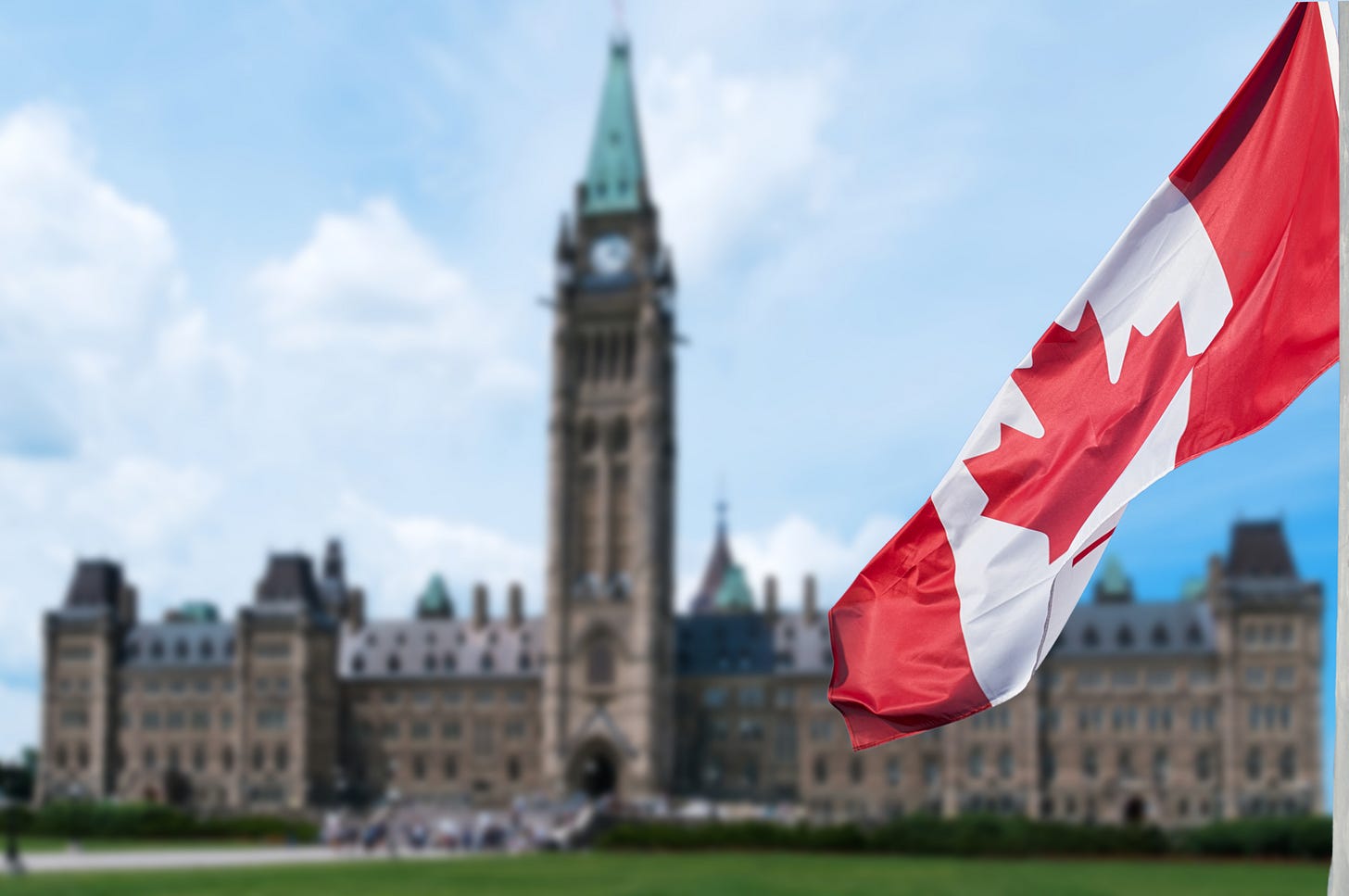Andrew Tumilty: Why not choose governing over politics, for a change?
The Conservatives like to boast of winning the popular vote. The Liberals and NDP combined for an outright majority of it.
By: Andrew Tumilty
It should be obvious, but the purpose of an election is often lost in all the punditry: the point of an election is to win.
Without a win, none of a party’s ideas can find their way from platform to policy. It matters how you win an election, but the objective is still to win. If you lose, it rarely matters why.
In contrast, the point of a government is to govern. That idea may lack the charisma of a campaign, but the act of governing holds a greater impact on a great many more lives.
Former New York governor, the late Mario Cuomo, expressed this contrast more eloquently when he famously said, “You campaign in poetry; you govern in prose.”
Last week, Prime Minister Justin Trudeau and NDP leader Jagmeet Singh chose the business of governing over the constant campaign attitude that has dominated federal politics in Canada. Both should be commended for working together on the priorities they share, and for trying to do what Canadians have consistently asked politicians to do: get something done.
The benefits for the Liberals and Trudeau are clear. For more than two years, they have had to balance every decision, policy and proposal against the prospect of a return to the campaign trail. Now, Liberals can work to advance a progressive agenda and try to chip away at the perception that their campaign poetry never becomes the prose of policy.
With this agreement Singh gets to deliver tangible results for the party faithful, and combat the perception the NDP are idealists with no appreciation for practical politics. In demonstrating the ability to work with the government, Singh may hope to offer evidence his party could one day form government themselves.
The most interesting opportunity may belong to the Conservative Party of Canada. Embroiled in a leadership campaign, the party can look for more from a leader than someone ready to hit the campaign trail at a moment’s notice. They can dial down the rhetoric and choose a leader that will present an honest alternative by making substantive criticisms of policy, instead of soundbites and social media attacks.
The interim Conservative leader, Candice Bergen, has already called this political detente undemocratic, and against the will of the voters. Immediate responses from Conservatives running for their party leadership labeled this arrangement a “socialist coalition.” Those critics are demonstrably wrong on the facts, and worse, they probably know it.
As for it being a coalition, a coalition government requires that members of at least two parties sit in cabinet. Wherever the road ahead may take Singh, it likely won’t include a walk up the drive of Rideau Hall.
And socialist? Government providing services to improve people’s lives isn’t socialism. Seizing the means of production from private entities to public hands is a long way off from the Liberals and NDP trying to expand government health-care coverage to include dental treatments and pharmacare.
As for the will of the Canadian voters, following the last two federal elections Conservatives were happy to say they won the popular vote despite knowing that Canadian elections are not determined by a single popular vote, but by 338 individual ones.
If the popular vote is key to Conservatives, they should acknowledge that in the last election the Liberals and the NDP together received just over 50 per cent of the popular vote. In a country where 35 per cent of the vote can give a party a majority government, it is hard to say parties with the support of more than half the electorate are doing anything undemocratic.
More importantly, the 2021 federal election sent a parliament to Ottawa that was nearly identical to the one Canadians elected in 2019. Politicians from all parties had the choice to work together to continue the business of the nation or go back to the voters once more.
Nearly identical election results only two years apart should be a clear signal that Canadians would prefer the former.
Whatever the political outcomes of this agreement, one practical outcome is worth celebrating. After two years of worrying about almost everything, electoral stability will mean many Canadians don’t have to worry about politics or elections for another three years.
That may not be poetic, but for many Canadians it will be music to their ears.
Andrew Tumilty is a Liberal strategist and senior consultant for strategic communications and issues management with Enterprise Canada in Toronto. He has crafted strategic communications materials and advice for local candidates and central campaigns, during elections for all three orders of government. Follow him on Twitter at @AndrewTumilty.
The Line is Canada’s last, best hope for irreverent commentary. We reject bullshit. We love lively writing. Please consider supporting us by subscribing. Follow us on Twitter @the_lineca. Fight with us on Facebook. Pitch us something: lineeditor@protonmail.com


FFS The Line! I joined your service hoping (and getting for the most part) insightful reporting, not shameless political advertising from some shill. I thought you were trying to rise above the nauseating spinfest that regurgitates out of these hucksters. I'll be thrilled when you return us to your normally scheduled programming :)
I thought the point of an election was for the electorate to send a representative to sit in Parliament. But apparently it's not about the electorate, it's about the politicians.